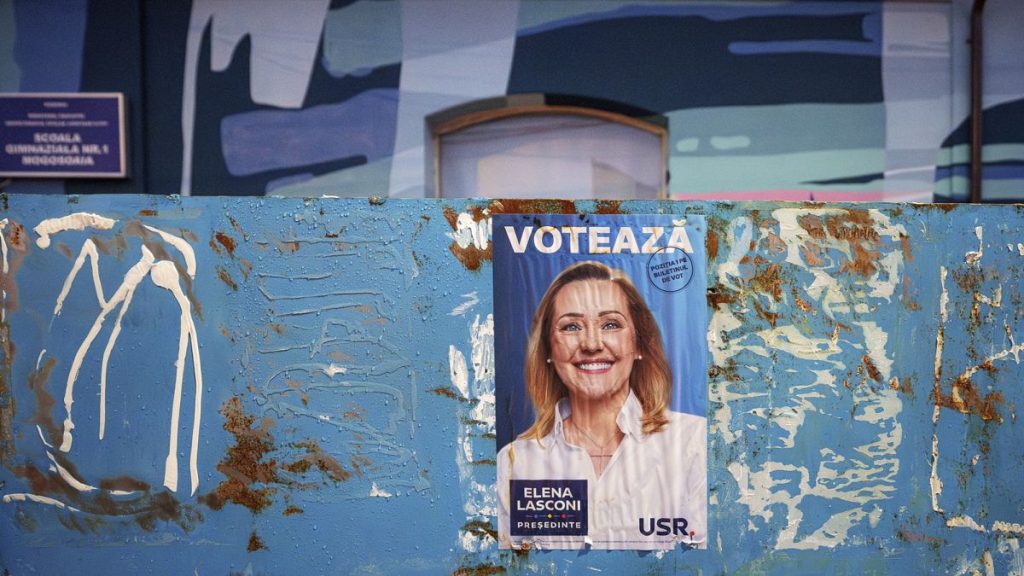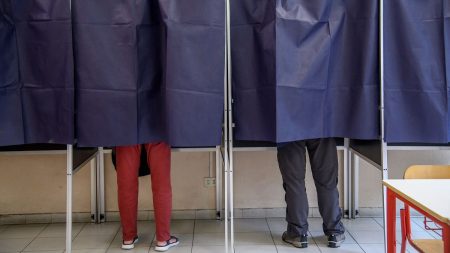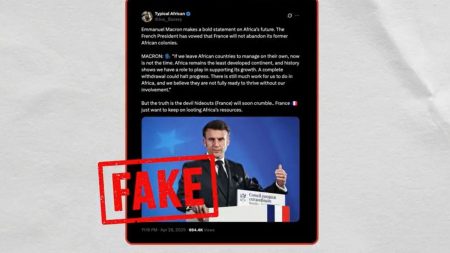The Romanian presidential election, scheduled for a second round run-off, was unexpectedly annulled by the country’s Constitutional Court, citing concerns of foreign interference. This unprecedented decision has sparked significant controversy and accusations of undermining democratic processes within the member state. While the two candidates vying for the presidency, Elena Lasconi and Călin Georgescu, have vehemently denounced the ruling, the European Commission has refrained from direct comment, emphasizing the Romanian citizens’ right to determine their own political future through free and fair elections. This cautious approach underscores the sensitive nature of interfering in a member state’s internal affairs, particularly regarding judicial decisions and electoral processes, areas typically considered within their exclusive competence.
The controversy surrounding the cancelled election deepened with the revelation of potential foreign interference involving the social media platform TikTok. Prior to the Constitutional Court’s decision, Romanian intelligence services declassified documents alleging that Călin Georgescu’s unexpected surge in popularity was not organic but rather the result of a coordinated manipulation campaign exploiting TikTok’s algorithm. The intelligence reports suggested the involvement of a “state actor,” drawing parallels to previous online campaigns conducted by Russia in Ukraine. While not explicitly naming Russia as the perpetrator, the similarities raised significant concerns about external influence in the Romanian election. These revelations prompted a swift response from the European Commission, focusing on TikTok’s potential non-compliance with the Digital Services Act (DSA), a newly implemented law aimed at combating disinformation and illegal content online.
The heart of the controversy lies in the alleged manipulation campaign orchestrated through TikTok. According to the declassified intelligence reports, a dormant network primarily operating on TikTok was reactivated two weeks before the first round of elections. This network, coordinated through the messaging platform Telegram, employed tactics consistent with state-sponsored operations. The reports further claimed that nearly one million euros were funneled into the campaign by an individual supporting Georgescu’s candidacy, with exorbitant sums paid for reposts on the platform. TikTok itself reportedly acknowledged receiving a substantial sum from this individual. These revelations raised serious questions about the integrity of the electoral process and the potential for external actors to influence democratic outcomes through social media manipulation.
The European Commission, while refraining from commenting directly on the Constitutional Court’s decision, has taken action regarding TikTok’s potential role in the controversy. Although no formal investigation has been launched, the Commission has sent two requests for information to TikTok, including one with a 24-hour deadline, demanding clarification on the platform’s involvement in the alleged manipulation campaign. TikTok has reportedly complied with both requests, and the Commission is currently analyzing the provided information. This proactive approach reflects the Commission’s commitment to upholding the DSA and ensuring the integrity of online spaces, particularly during electoral processes. The Commission’s focus on TikTok’s compliance with the DSA underscores the growing concern about the potential for social media platforms to be exploited for disinformation and manipulation, potentially undermining democratic processes.
The cancellation of the Romanian presidential election has created a complex political landscape, raising concerns about the vulnerability of democratic processes to foreign interference and the power of social media platforms in shaping political narratives. While the European Commission navigates the delicate balance of respecting member state sovereignty and upholding the integrity of democratic elections, the Romanian case serves as a stark reminder of the challenges posed by disinformation and foreign interference in the digital age. The ongoing analysis of TikTok’s role in the alleged manipulation campaign will likely have significant implications for the platform’s future operations within the EU and the broader debate on regulating online content to protect democratic processes.
The Romanian case highlights the evolving landscape of electoral interference in the 21st century, shifting from traditional methods to sophisticated digital strategies that exploit the reach and influence of social media platforms. The alleged manipulation campaign through TikTok underscores the vulnerability of democratic processes to coordinated disinformation campaigns and the potential for external actors to disrupt elections through online manipulation. The European Commission’s response, focusing on enforcing the DSA and holding platforms accountable for their role in combating disinformation, signals a growing recognition of the need for robust regulatory frameworks to protect democratic integrity in the digital age. The Romanian case will undoubtedly serve as a crucial test case for the effectiveness of the DSA and its ability to prevent future instances of online manipulation targeting electoral processes.










